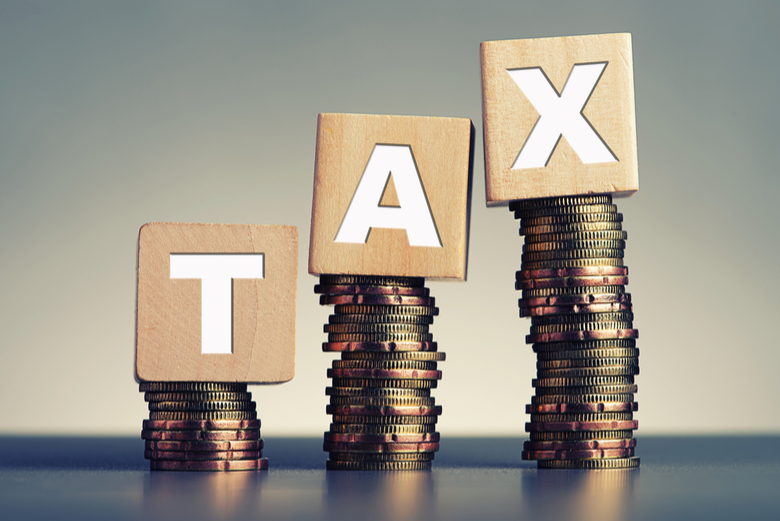

The UAE and Saudi Arabia both introduced VAT on 1 January 2018, and, more than a year on, many have been asking how this has affected the construction industry. A natural extension is to wonder how the launch of VAT across other GCC states may impact the sector.
It is difficult to isolate the impact of VAT from a host of other factors, such as the general investment climate, fluctuating oil prices and changes in government charges. The introduction of this new tax is just one variable. In the UAE, for example, Expo 2020 also drives construction growth. Nevertheless, it is possible to highlight a few VAT factors impacting the sector.
Surfing the wave
Firstly, it is important to appreciate that the UAE and Saudi Arabia took a slightly different approach to VAT implementation in their construction sectors. While both sought to apply VAT at the standard rate of 5 per cent on commercial property and to exempt existing residential property, different approaches were taken to new residential property.
While the application of VAT to commercial property does not result in a direct impact on most businesses (it can be recovered as a credit), this is not generally the case for new or existing residential property. Purchasers of new residential property are unlikely to be registered and therefore unable to recover the VAT. Existing residential is usually exempt, which means that while VAT is not applied to the sale of such property, the VAT costs associated with construction and maintenance is not recoverable, adding to pricing pressures.
The UAE, however, sought to remove pricing pressures on newly constructed residential property by applying a zero per cent rate rather than the standard 5 per cent. This would have been a positive measure, supporting the construction of new residential property. However in Saudi Arabia, while there will have been some upward pressure on prices, the soft demand for housing may have tempered any such increase, with developer margins feeling the pinch instead.
Notwithstanding which VAT rate applies, many developers find themselves in a net VAT refund position and have encountered delays (particularly in the UAE) in receiving VAT refunds on construction costs. This has significantly impacted cash flow and remains a challenge for the sector, where the time from start-up to final sale could be years. Establishing strategies to manage these negative cash flow impacts have been important. Additional complexities arise in Saudi Arabia, where developers may hold some existing residential properties for leasing in anticipation of a future sale.
As other GCC countries introduce VAT, there may be a slight variation in the existing approaches to adoption. Those operating across the region should seek to factor this into their future project costs.
About the author

Rob Dalla Costa is the VAT director at KPMG Middle East
You might also like...

Iraq signs deal to develop the Akkas gas field
25 April 2024

Emaar appoints beachfront project contractor
25 April 2024

Acwa Power signs $356m Barka extension
25 April 2024

AD Ports secures Angola port concession agreement
25 April 2024
A MEED Subscription...
Subscribe or upgrade your current MEED.com package to support your strategic planning with the MENA region’s best source of business information. Proceed to our online shop below to find out more about the features in each package.




